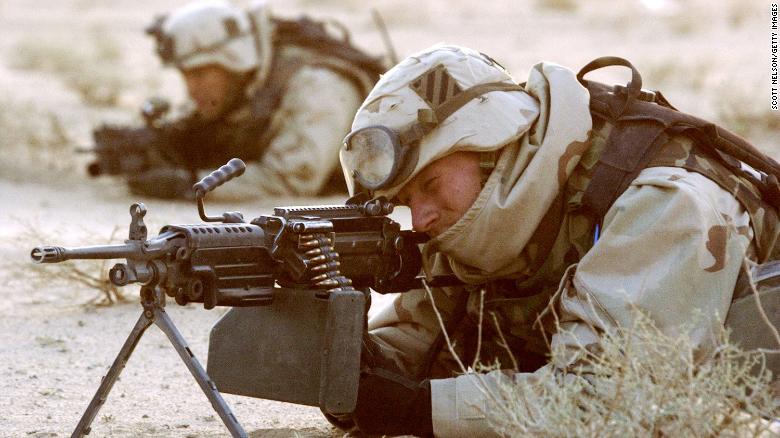

Although American-led forces were poorly prepared for the initial demands of stabilizing post-Saddam Iraq, that was more a reflection of poor planning at the Pentagon and CENTCOM than of any inherent lack of capacity on the part of the deployed troops. They defeated a 400,000-man military, overthrew a dictator, and successfully prosecuted major urban combat operations while suffering fewer than 200 combat deaths-even smaller coalition losses than in Operation Desert Storm a decade ago. But changes do not have to be radical to be important, or difficult to get right.Īmerican, British, and Australian forces accomplished a remarkable feat between March 19 and April 9, the rough boundaries of the main combat phase of military operations in Iraq. military than observers have often alleged in the war’s immediate aftermath. On balance, they argue for a less radical realignment of the U.S.

For these reasons, it is appropriate to review the war’s basic lessons and then suggest preliminary thoughts on their significance for future American defense planning. two-war requirement, which has formed the basis for force planning for over a decade, and about the normal overseas deployments of American forces. In particular, it raises questions about the U.S. In addition, this particular war is reshaping the basic strategic context of the Persian Gulf region. That said, wars are hugely informative events for the discipline of military analysis, and must be mined fully for information and insights whenever they occur.

As such, those who would jettison the Powell doctrine of overwhelming force in favor of a Rumsfeld doctrine of stealth, surprise, finesse, and small coalitions of the willing should temper their views.Īll defense strategists know not to assume that the next war will be like the last one, or to over-learn the lessons of one conflict in anticipation of subsequent military operations. The recent wars in Afghanistan and Iraq have essentially been won with the military the Bush administration inherited from Bill Clinton, the first President Bush, and Ronald Reagan-a force constantly but gradually modernized-not with a reinvented force built by proponents of defense revolution.

forces met the Republican Guard’s Madinah Munawrah Armored and Baghdad Infantry divisions south of the Iraqi capital in the decisive battle of the war, they did so with numerical superiority, dominant air support, and tremendous firepower. Yes, special forces and modern air power were important, but so were Abrams tanks, 5-ton supply trucks, rifle-wielding soldiers and marines, and old-fashioned infantry combat skills. However, what is most striking about the recent war to overthrow Saddam is just how much traditional combat capabilities still mattered. Although different defense scholars hold different views, most expect Rumsfeld to make deep cuts in Army forces in order to fund greater capabilities in air power, naval forces, missile defenses, space weapons, and special forces. armed forces that he reportedly wanted back in early 2001 but felt politically unable to pursue. Did Operation Iraqi Freedom validate a new theory of warfare in which special forces, high technology, and creative war plans will replace America’s traditional assets of firepower, maneuver, and brute strength? Some say yes, and now expect Secretary of Defense Donald Rumsfeld to push for the radical overhaul or “transformation” of the U.S.


 0 kommentar(er)
0 kommentar(er)
